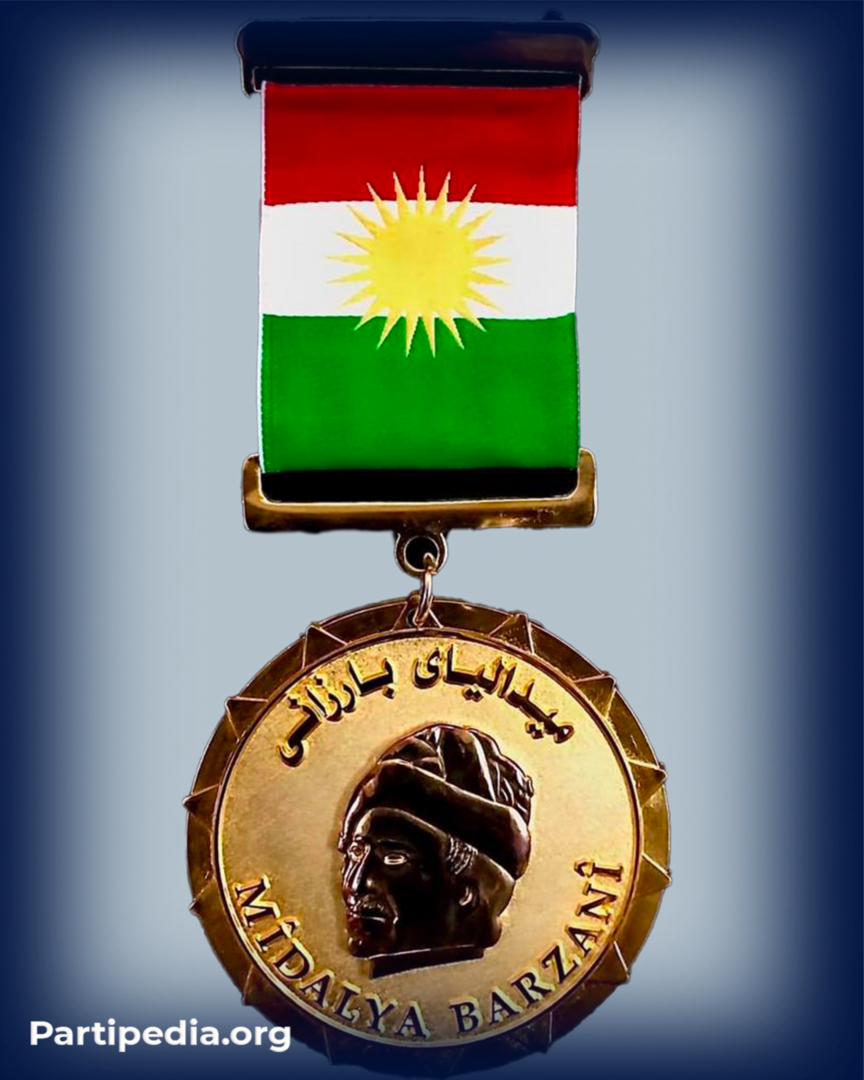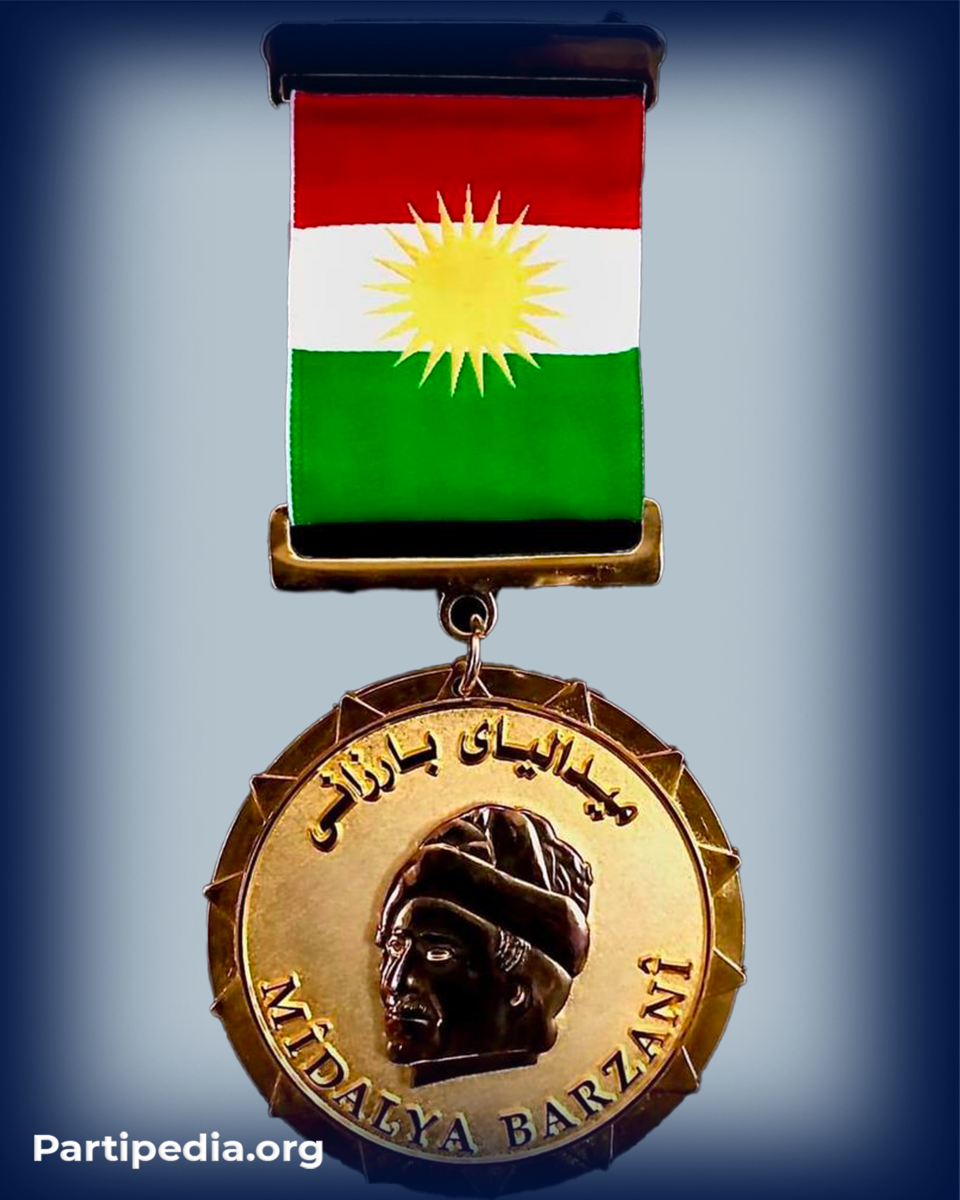Shuan Mirkhan Badin Dori was born in 1945 in the village of Dore, located in the Barzan area of Mergasur district. He was the son of Mirkhan Doria, a dedicated participant in the Barzan Revolution of 1943-1945 and a close comrade of the late Barzani during the establishment of the Kurdistan Democratic Republic. Tragically, Mirkhan Doria was martyred on March 25, 1947, during the battles in the Shno area as the Republic of Kurdistan was overthrown. Continuing the family's legacy, one of Shuan's brothers, Mullah Mirkhan, accompanied the late Barzani to Russia.
Shuan Mirkhan Badin joined the Aylul Revolution in 1962, aligning himself with Haso Mirkhan Dolamari as a Peshmerga fighter. That same year, he actively participated in the battles of Shush, Sharmn, and Sar-e-Akre. In addition, he crossed into Soran with the late Barzani and fought in the battles of Sar-e-Safin, Sisawa, Spilk, Khalifan, Doli Hiran, and Nazanin.
By 1964, Shuan had become a Peshmerga under the leadership of Tahir Ozer Agha Zrari. Four years later, in 1968, he was transferred to the headquarters of the late Barzani in Qasre and Dilman. In 1969, he participated in significant combat operations in the Barzan region. Following the Iraqi army's occupation of the Pishder region that same year, Shuan Mirkhan was among the 70 Peshmerga who embarked on a mission to liberate the strategic position of Makhubzn in the Sangasar region.
After the historic March 11, 1970 agreement, Shuan was appointed battalion commander and was entrusted with the critical responsibility of managing revolutionary weapons and ammunition depots in Haji Omeran. However, following the 1975 coup, he sought refuge in the Zewa Camp.
In 1979, Shuan rejoined the resistance through the Gullan Revolution, returning once more to Zewa. The following year, in 1980, he led a group of 100 Peshmerga to Ketina under the supervision of Mr. Idris Barzani and Sheikh Mohammed Khalid, where they remained for six months. Throughout 1981, Shuan participated in operations against enemy forces in the Barzan, Mergasur, and Goratu areas, inflicting considerable damage. In 1982, he sustained injuries in combat, but his commitment to the cause remained steadfast.
In 1988, Shuan participated in the pivotal battle of Khawkurk. Following the infamous Anfal campaign and the chemical attacks on Badinan, he, along with other Peshmergas, relocated to East Kurdistan. After the 1991 uprising, he returned to Barzan. Tragically, two of his nephews, Karim Mustafa Hado and Mustafa Shakir Mustafa, were martyred during this period.
In recognition of his unwavering service and dedication, Shuan Mirkhan Badin was awarded the prestigious Immortal Barzani Medal by President Massoud Barzani during the 13th Congress of the Kurdistan Democratic Party (KDP). He continues to serve his people as a colonel in the Barzan command.
Source:
Kdp encyclopedia archive





